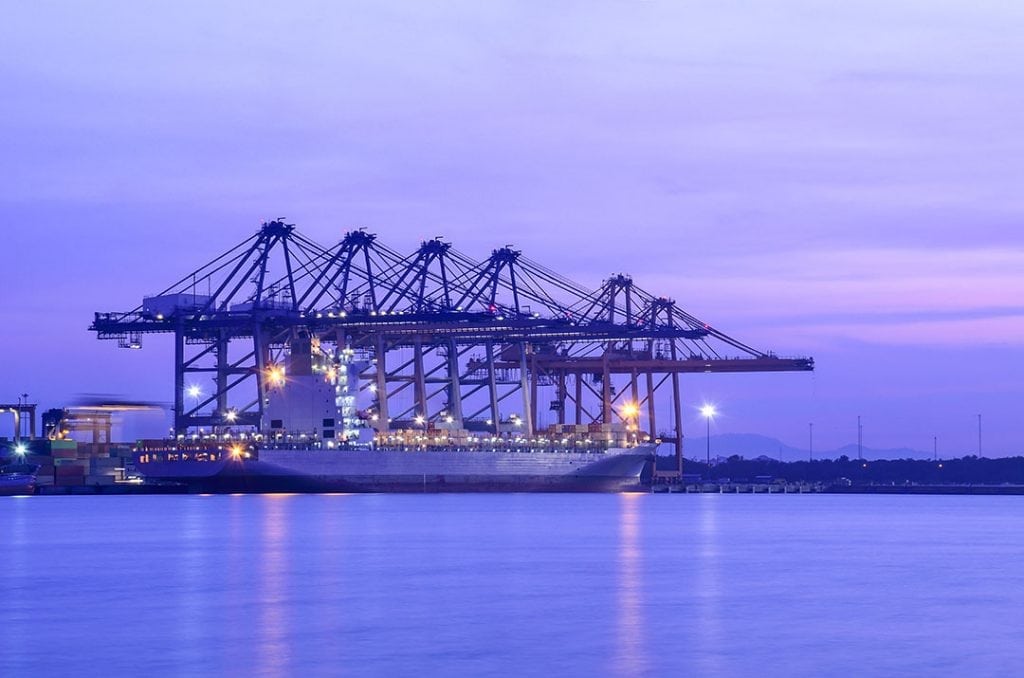
In April, the Chinese government will enact new requirements for pellet imports. | Piyathep/Shutterstock
Officials in Beijing are set to enact new requirements around the purity of recycled plastic pellets imported into China.
Continue Reading

In April, the Chinese government will enact new requirements for pellet imports. | Piyathep/Shutterstock
Officials in Beijing are set to enact new requirements around the purity of recycled plastic pellets imported into China.
Continue Reading
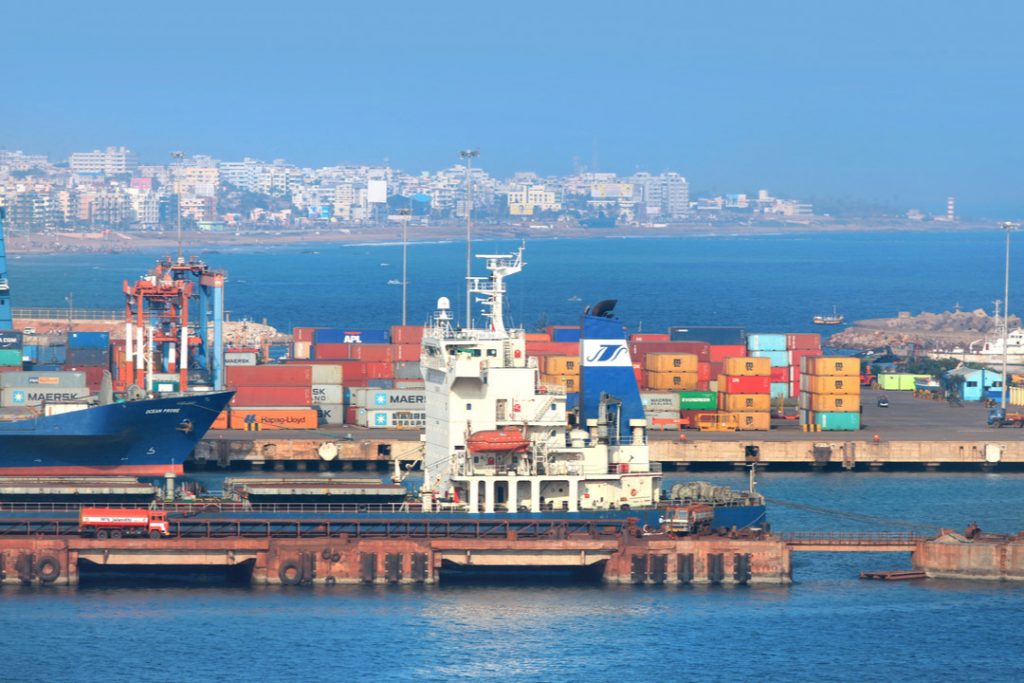
India has substantially increased its imports since China banned mixed paper from entering the country. | SNEHIT PHOTO/Shutterstock
India, the largest overseas market for U.S. mixed paper, has tightened quality standards and reduced its recycled fiber import volume.
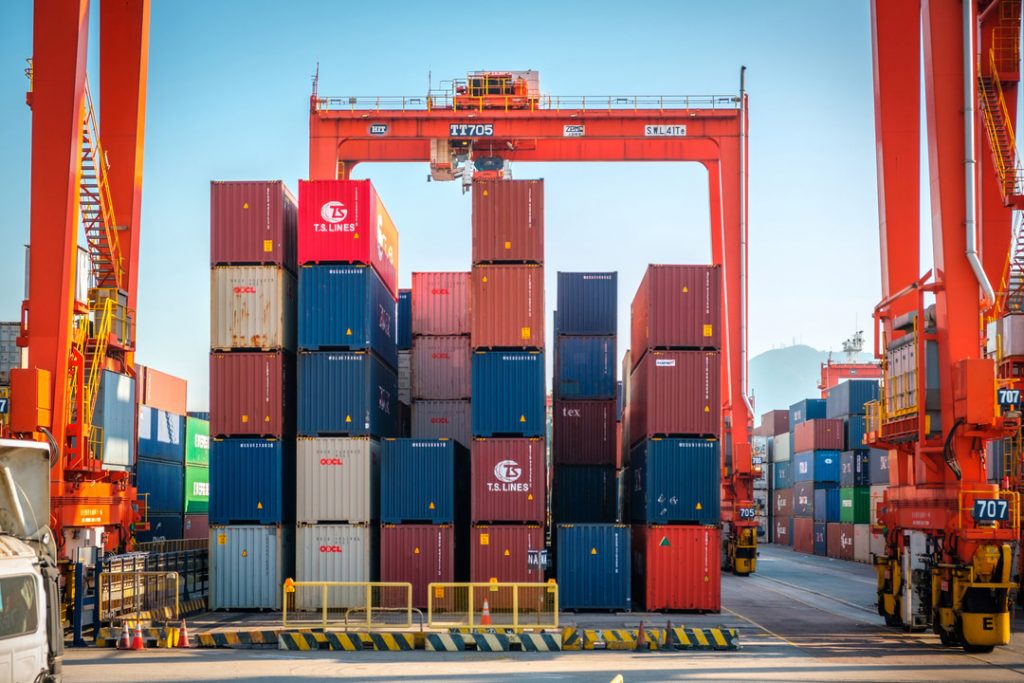
China published a permit list approving imports of 2.8 million metric tons of recovered fiber, its first permit list for 2020. That’s down from 5 million metric tons during the first permit round a year earlier. | hanohiki/Shutterstock
The latest permit figures from the Chinese government illustrate the country’s goals to continue reducing its recycled fiber intake.
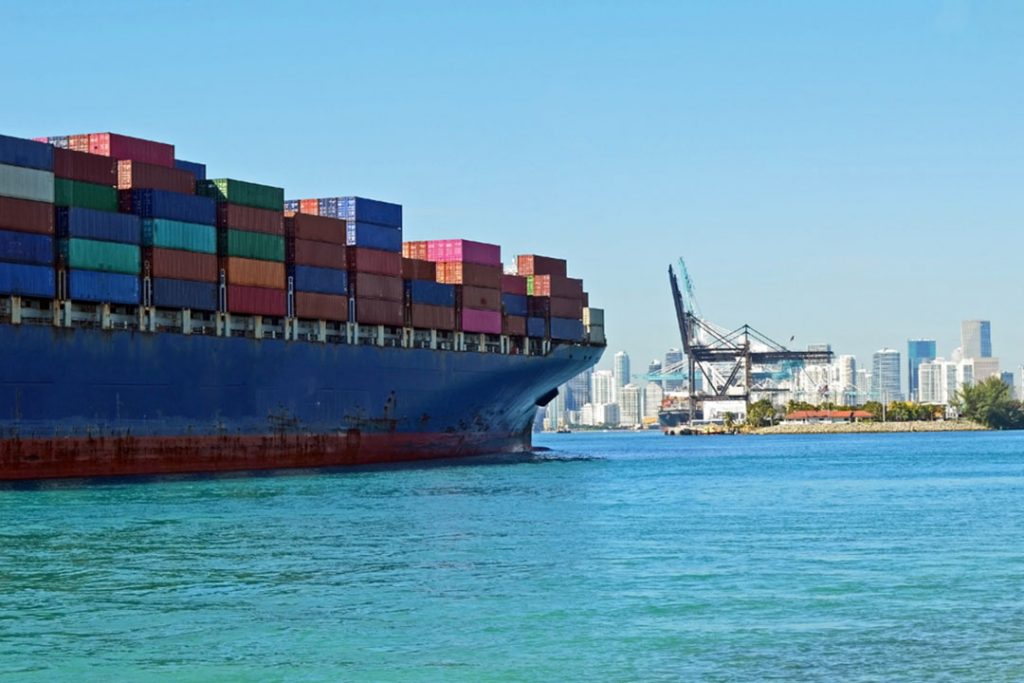
This year, through October, just 9.8 million short tons of recovered fiber have been imported into China. | richard pross/Shutterstock
Recent actions by the Chinese government indicate the country will likely ban imports of OCC and almost all other fiber grades in 2021. Such a move would come in the wake of industry-shaking mixed paper and plastic prohibitions already in place.
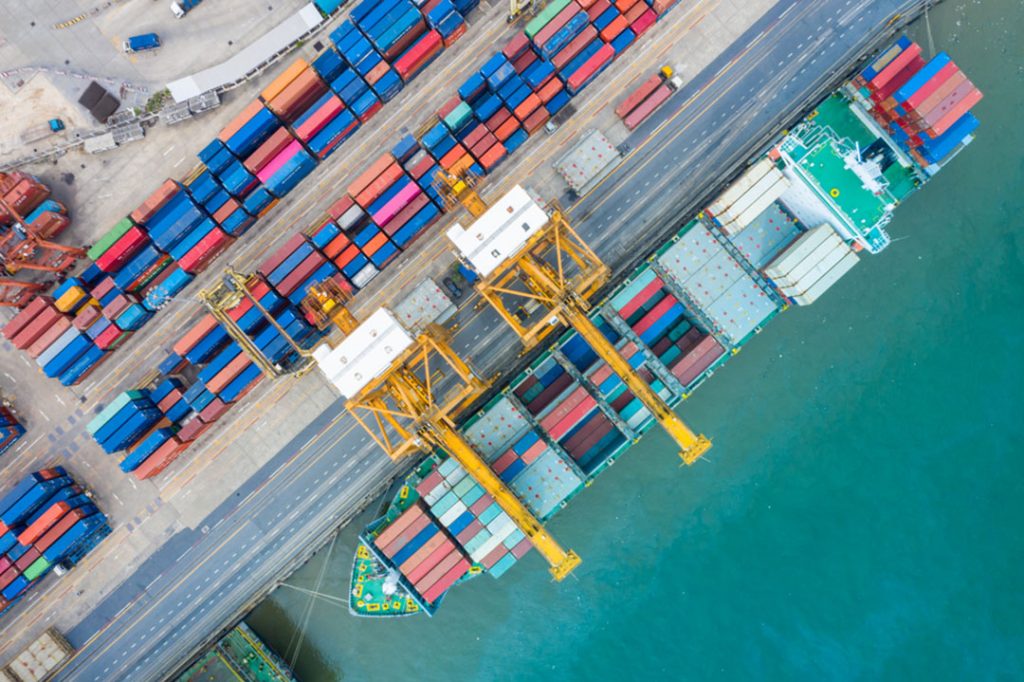
U.S. recovered fiber exports to China will continue to face a 25% tariff, as they have since September 2018. | Surapol Usanakul/Shutterstock
The Chinese government will not implement a planned tariff increase on OCC and other recovered fiber imported from the U.S., nor scrap aluminum, after the two countries came to an agreement in recent trade talks. But existing tariffs will remain.
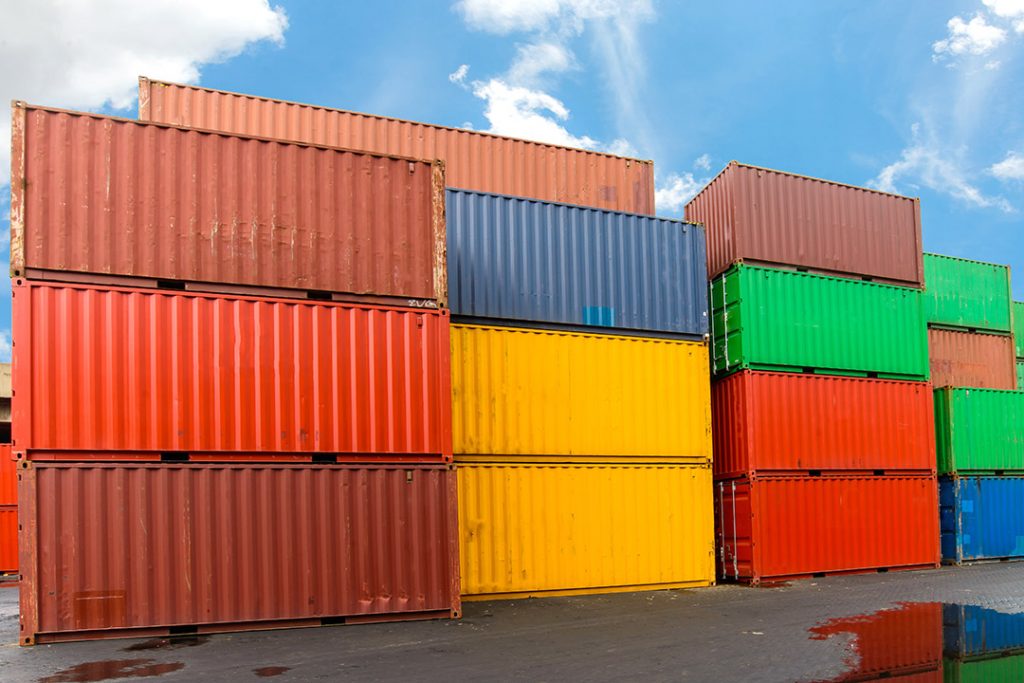
Denmark-headquartered Baltic Control was approved as an inspector of U.S. exports to China earlier this year | Bullstar/Shutterstock
China has approved the first non-Chinese-government-affiliated entity to inspect U.S. recovered fiber shipments to the Asia country. The move raises questions about the country’s long-term plans for recovered fiber imports.
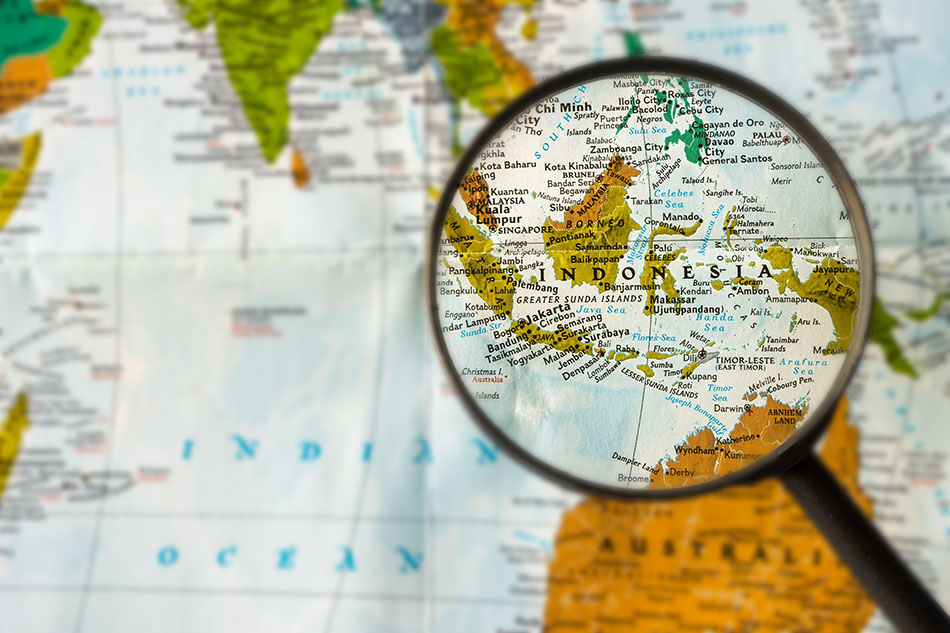
Waste watchdog Basel Action Network tracked containers of mixed paper that were shipped from the U.S. to Indonesia and were rejected. | Naruedom Yaempongsa/Shutterstock
Contaminated bales of recycled paper stonewalled at Indonesian ports were not returned to the U.S. as promised, according to environmental organizations.
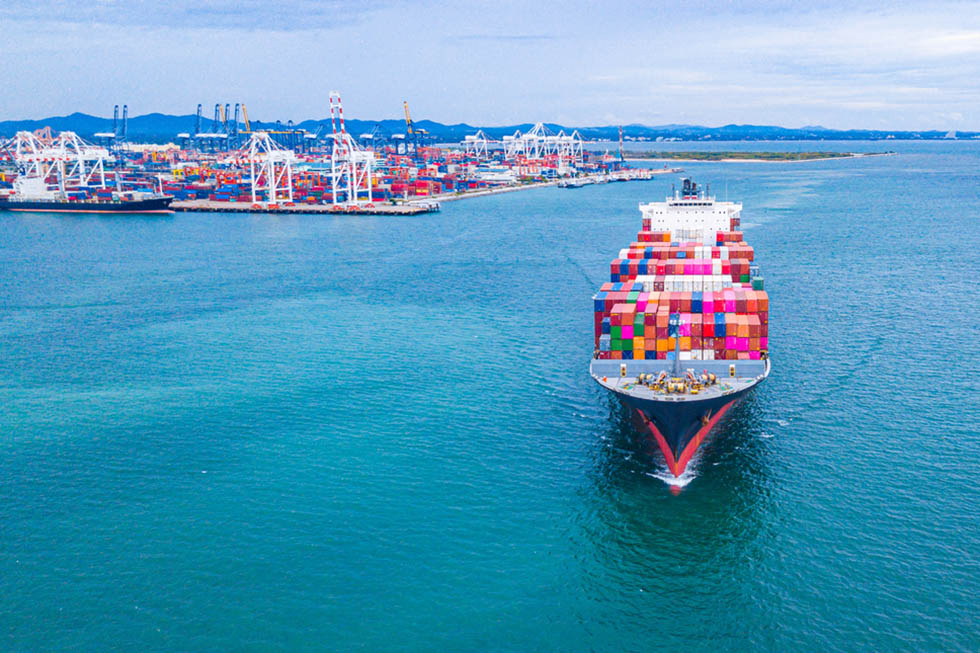
Trade data shows the U.S. has exported 4.2 million short tons of recovered fiber to China from January through August this year. | apiguide/Shutterstock
China continues to import a substantial amount of OCC from the U.S. and elsewhere. But an all-out ban and other regulatory changes loom on the horizon.
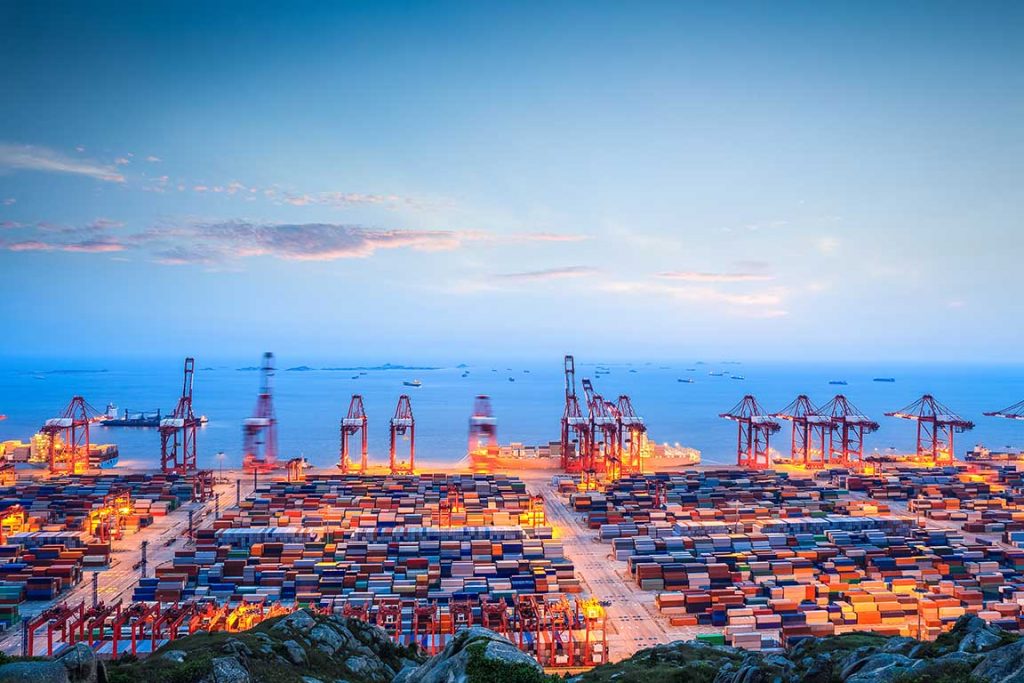
China has announced further tariffs on U.S. recyclables. | chuyuss/Shutterstock
U.S. exporters who are still moving OCC and other recyclables to China may face higher costs, after the Chinese government last week announced additional tariffs on key scrap materials.
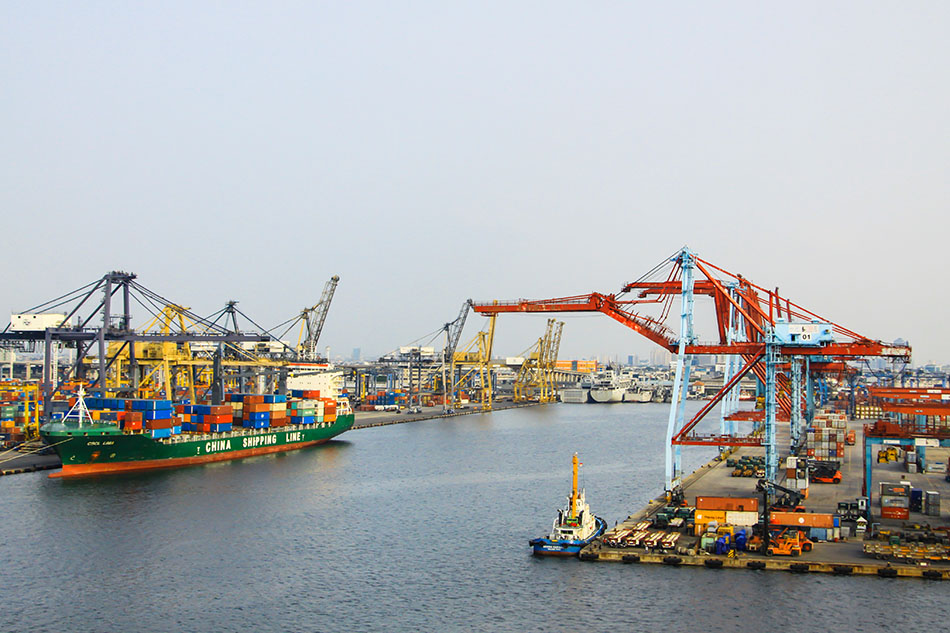
Indonesia’s government has been developing more rigorous import restrictions for recovered fiber for the past several months. | Unureanu Catalina Oana/Shutterstock
After months of uncertainty about recovered paper restrictions in Indonesia, the nation’s government has opted to evaluate bale contamination using two separate categories, according to multiple industry groups.

